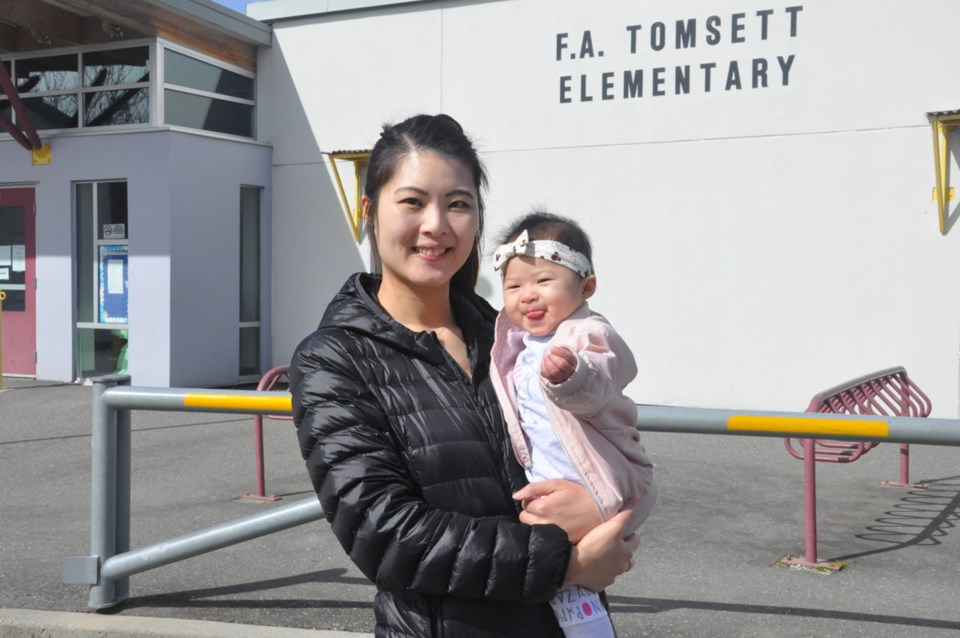It was the early 2000s. I hadn’t lived in Richmond long. In fact, I hadn’t lived in B.C. long, and the time I had been here was consumed with changing diapers and running around playgrounds. Point being, I wasn’t particularly attuned to the politics of the day.
Anyway, I was invited to a party in Vancouver by a friend of the family, and who was there but Christy Clark, the then recently appointed Minister of Education.
Actually, I had met Clark a few months earlier at the same mutual friend’s wedding. She was the maid of honour and, I have to say, gave a hilarious speech about how brides make such bad fashion choices for their so-called maids.
Anyway, when I saw her at the party we were reintroduced and I was told of her new job. I immediately launched into a spiel about what great schools Richmond has (remarkable how I could know so much having lived here so little). Regardless, I told how I particularly liked the focus on “neighbourhood schools.”
I had seen my sister in Toronto as well as friends in Vancouver driving their kids hither and yon to their various schools because one had a better arts program, or another was alternative, yet another had a bad reputation, even if it was just down the block.
This all seemed headache-inducing to me, and I liked knowing that the school down the street, the same one all the other kids on the street are going to, would do just fine.
Anyway, Clark’s reply was, “Yeah, we’re changing that.”
She then gave me her spiel about parents’ right to choice, and how parents know their kids best, and catchments are too limiting; a kid with a talent in ballet should be free to go to a school with a performing arts program, for example.
Well, maybe, but I really didn’t want to have to research top kindergartens — and not just because I’m a slacker parent. The good news for me was that despite Clark’s views, the Richmond district always held firm in its belief in catchments. Not only did they argue the environmental, health and social benefits of going to school with your neighbours, they showed how it builds more integrated communities.
So, what’s this? As of this September, kids in certain catchment areas will not necessarily be able to attend their neighbourhood school?
We’re told the change doesn’t reflect a new philosphy rather is, in part, a response to the recent court ruling on class size and composition. While the ruling is a good thing for students, what a shame it should come at the expense of neighbourhood schools. I appreciate trustees have been put in a tough position — and not one of their own making. This saga goes back to the previous government’s handling of earlier contract negotiations. Regardless, here we are now, and adding to the challenge is the fact Richmond’s enrolment, overall, is declining.
For sure, the board has some tough decisions to make, but pitting quality of education in the classroom against quality of life in the neighbourhood is not the way to go in the long run.



